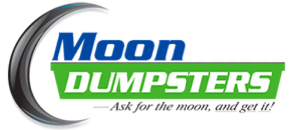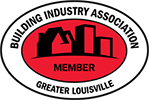Why You Should Never Burn Household Waste
When trash and debris start piling up, it might be ingrained in some of us that the most effective, time-saving, and economical way to get rid of it is to throw it in a heap and burn it.
Especially now, as spring edges into the weather and it warms up enough that folks take it as a sign to start shaking off the last vestiges of winter and jump right into the thick of spring cleaning and DIY projects or renovations, a lot of us find that there’s a whole lot of junk that’s accumulated over the colder months, both inside and outside.
The worst part of it is that these things might come in quantities that seem unreasonable and would require far too much work to haul to your nearest garbage dump. The only thing left to do seems to be to burn all the clutter and scraps that won’t fit in your trash container.
What you may not have been told, though, is that burning your household waste has tons of unintentional consequences – both direct and indirect.
Consider the Consequences
Barrel burning is a practice that has been outlawed by cities across the country, and for good reason. It’s the same thing as burning your household waste in your fire pit, a fireplace, or a pile of stick in your backyard.
Here’s four big, extensively-studied reasons not to burn your trash and debris!
1. It compromises your health.
Especially in small areas, smoke is never the best for you to be inhaling. But when it comes to household waste, the temperature that it burns at does not combust materials efficiently, which releases the pollutants and harmful chemicals that were used to make what you’re burning – such as plastics, rubber, and other materials that become cancerous when broken down – or were sprayed onto it, like pesticides or wood treatments, into the air. This can lead to the development or the exacerbation of severe health issues, especially for children, teenagers, pregnant women, the elderly, and people with preexisting respiratory conditions like asthma, allergies, pneumonia, bronchiolitis, or emphysema.
2. It has negative impacts on the environment.
All of those bad chemicals and pollutants don’t only affect the air quality. These byproducts can sink into the soil and infiltrate the groundwater supply, as well, especially if you’re burning in large or frequent quantities. But, even taking away the big picture, the most affected area will be that at ground zero, which means your lawn and garden will be bearing a substantial portion of the environmental impact.
3. You can’t control it.
There is very little that you can control when it comes to fire, even if it’s in a contained space in an open area. Fires can still start as trees and plants start to dry out in the warmer days, and it only takes a fly-away piece of smoldering paper to start something bigger. The smoke, especially if burning chemically-made waste, will change with the wind, and it might cause a sore spot with your neighbors, who will be just as exposed to the smell, health impacts, and environmental impacts are you and your family.
4. You could get fined.
In Kentucky and Southern Indiana, open burn violation fines can range from $2,500-$25,000. A full list of items that you can and cannot burn in Kentucky can be found on the government website in PDF format here, and the same list for Indiana can be found on their government website, as well.
Look at Other Options
Renting a dumpster is an options that can cost you less, is far easier, and much better for you, the environment, and your reputation than burning your trash.
Moon Dumpsters offers delivery right to your driveway and then straight to the dump when you’re done, so you don’t have to worry about transporting your household waste, only getting it out of your house and yard and into one of our premium dumpsters! We offer a variety of sizes that range from 6 cubic yards to 40, so you won’t have a problem finding one that isn’t overkill for a job that was just out of reach of your truck, or one that can fit big projects.
Don’t burn your household waste – send it to the Moon!
Consider renting a Moon Mini Dumpster, no matter what size project you choose to undertake. Our driveway dumpsters come in 6, 9, 12, 16, 20, 30, and 40 cubic yard capacities. Affordable and lightweight, a dumpster will be delivered directly to you and placed on boards for surface protection. We are environmentally-friendly, locally-owned, and willing to work with any time frame. Give us a call at 502-772-2821 to learn more!

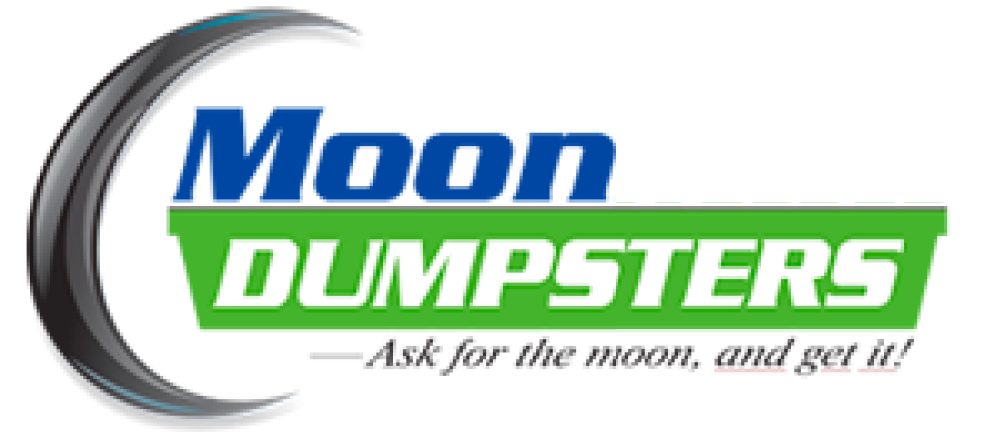
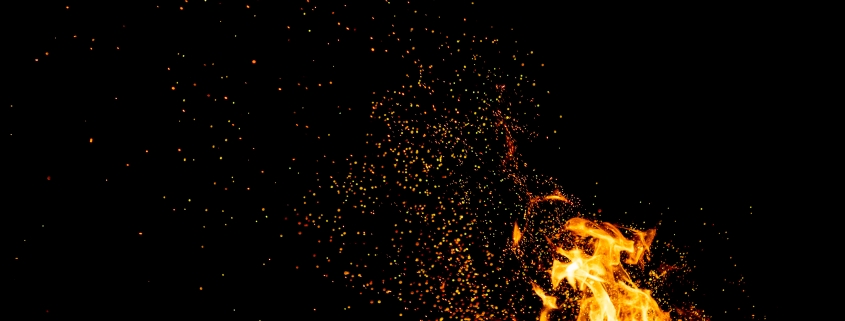
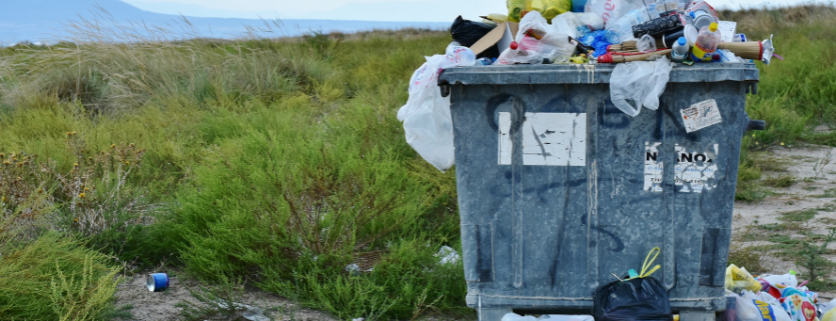
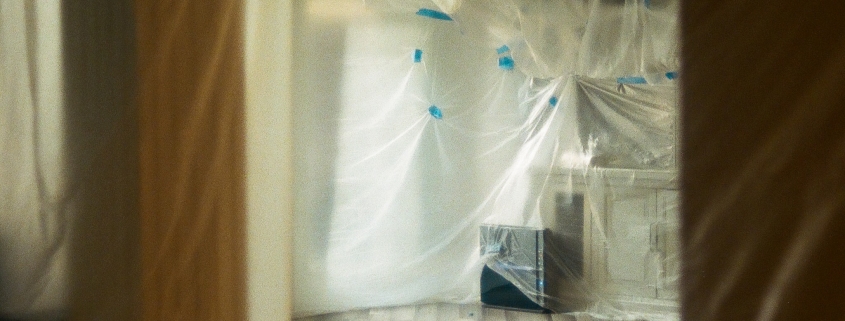
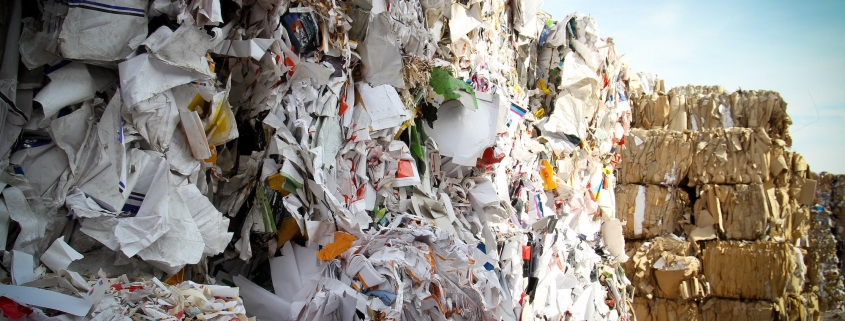
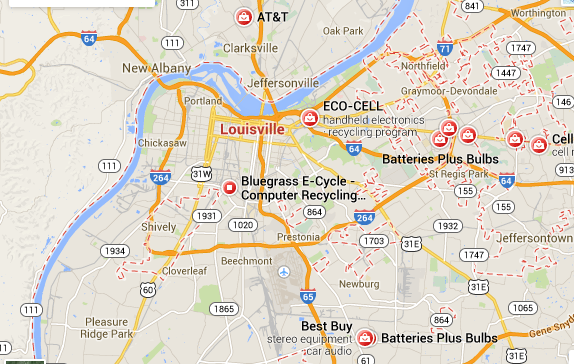
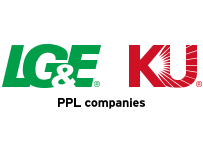
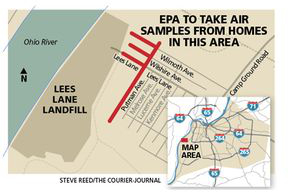
 A study commissioned by the
A study commissioned by the 
 As a green company in Louisville, KY Moon Mini Dumpsters works hard to preserve our surrounding environment. We adopt business practices that will keep us, and the earth, sustaining for a long time. These include, but are not limited to, recycling waste and using fuel efficient vehicles. Our trucks are smaller and equipped with pollution reducing devices.
As a green company in Louisville, KY Moon Mini Dumpsters works hard to preserve our surrounding environment. We adopt business practices that will keep us, and the earth, sustaining for a long time. These include, but are not limited to, recycling waste and using fuel efficient vehicles. Our trucks are smaller and equipped with pollution reducing devices. Water has one consistent property that can cause problems. Water flows! This may seem pretty obvious, but many people may not realize the implications of this one property. Excessive water runoff can severely damage water sources. According to the Louisville Metropolitan Sewer District, rain gardens can aid waste management efforts.
Water has one consistent property that can cause problems. Water flows! This may seem pretty obvious, but many people may not realize the implications of this one property. Excessive water runoff can severely damage water sources. According to the Louisville Metropolitan Sewer District, rain gardens can aid waste management efforts.